For the first time in Belgium, river water is being used to heat a public building.
According to a VNA correspondent in Brussels, the headquarters of the Federal Social Security Administration (ONSS) in the Belgian capital has officially put into operation a heat pump system that extracts energy from the Senne River water, marking a symbolic step forward in the country's efforts to transition to sustainable energy.
The project is being carried out within the framework of cooperation between ONSS and energy group Veolia, aiming to reduce dependence on gas and cut carbon emissions in the central area of the capital.
This is also the first project in Belgium to apply “heat from water” (aquathermie) technology on a large scale, opening up a new direction for utilizing water resources in urban areas.
The system consists of two heat pumps with a total capacity of 1,400kW, capable of meeting the entire heating needs of the building without using gas.
According to ONSS, the technology reduces about 361 tons of CO2 per year and saves nearly 150,000 euros (about $175,000) in energy costs.
Koen Snyders, CEO of ONSS, said the commissioning of the system means the building is no longer dependent on gas and is powered entirely by on-site renewable energy.
The “heat from water” technology works by pumping water from the Senne River, degassing it and harnessing its thermal energy to generate heat for the heating system. This process is four times more efficient than traditional boilers, and is completely environmentally friendly.
According to the Brussels Environment Agency's assessment, water after passing through the system only reduces its average temperature by about 0.1 degrees Celsius and even helps slightly increase the amount of dissolved oxygen, contributing to improving river water quality.
The project's unique feature is its ability to operate at temperatures up to 80°C, a rare level of performance for surface water heat pump technology.
Mr. Gregory Sanchez, Veolia's Commercial Director in charge of Belgium and Luxembourg, commented that this is concrete proof that the urban energy transition is completely feasible, not only technically but also economically and environmentally.
Since the beginning of 2024, the ONSS heating network has also been connected to the heating system of the Brussels-Midi station, allowing the two public facilities to share energy when needed.
This interconnection mechanism helps optimize performance, reduce disruption risks and increase the adaptability of public buildings in the context of highly fluctuating energy demand.
The Senne River Water Heating Project is not only an innovative technical solution, but also a powerful message about how cities can leverage available resources to serve climate goals.
As Europe accelerates its path to carbon neutrality by 2050, ONSS's work is a vivid example showing that the energy transition does not only take place in wind or solar power plants, but can start right in the heart of a river./.
Source: https://www.vietnamplus.vn/bi-lan-dau-tien-su-dung-nuoc-song-senne-de-suoi-am-toa-nha-cong-cong-post1072257.vnp



![[Photo] Prime Minister Pham Minh Chinh meets with South African President Matamela Cyril Ramaphosa](https://vphoto.vietnam.vn/thumb/1200x675/vietnam/resource/IMAGE/2025/10/23/1761226081024_dsc-9845-jpg.webp)
![[Photo] President Luong Cuong holds talks with South African President Matamela Cyril Ramaphosa](https://vphoto.vietnam.vn/thumb/1200x675/vietnam/resource/IMAGE/2025/10/23/1761221878741_ndo_br_1-8416-jpg.webp)

![[Photo] Prime Minister Pham Minh Chinh chairs meeting on railway projects](https://vphoto.vietnam.vn/thumb/1200x675/vietnam/resource/IMAGE/2025/10/23/1761206277171_dsc-9703-jpg.webp)

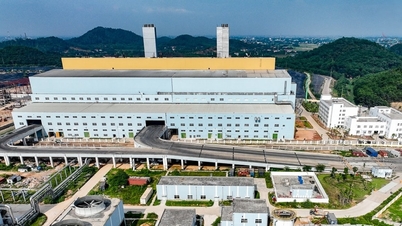



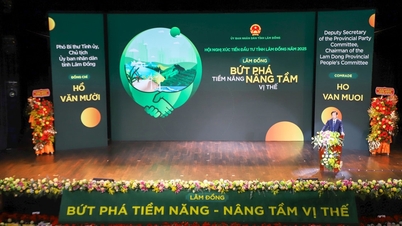

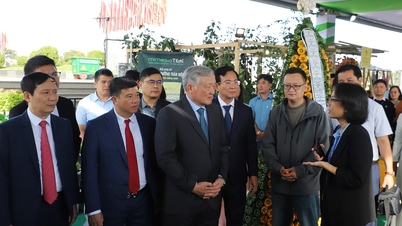








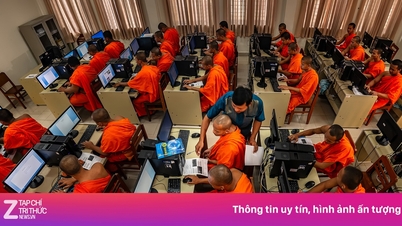







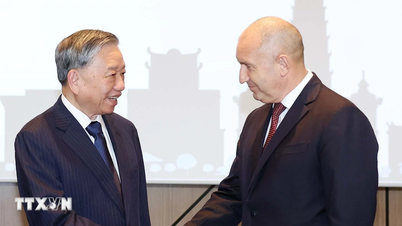
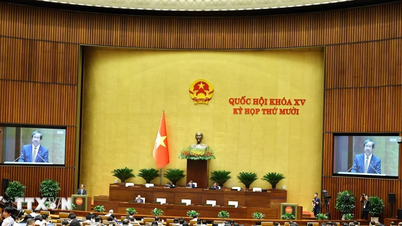
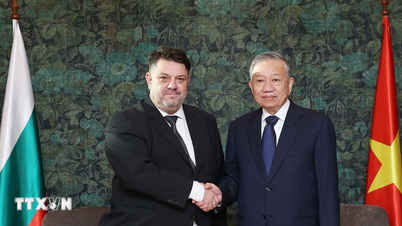
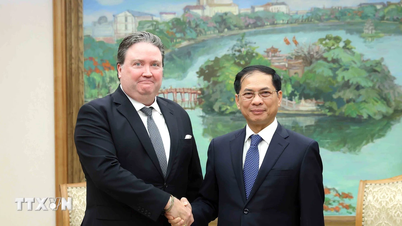
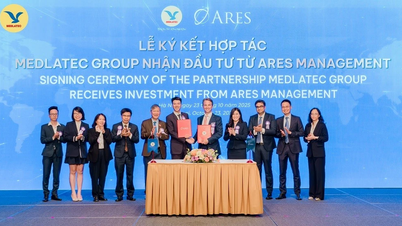






































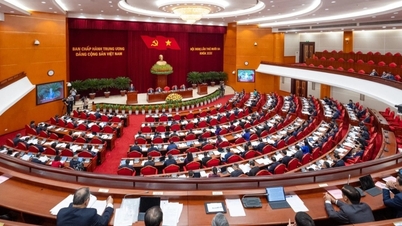


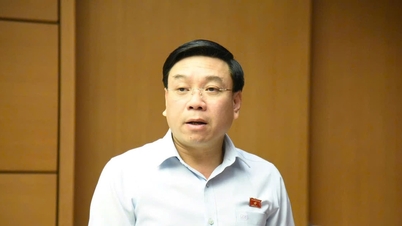




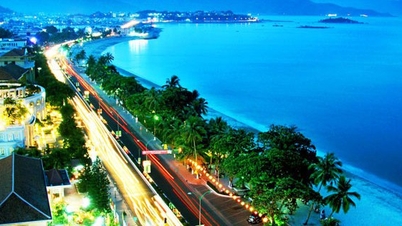
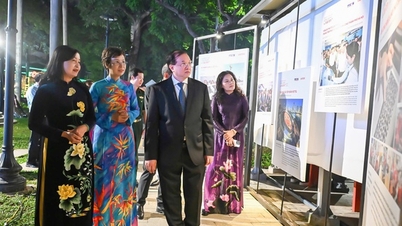



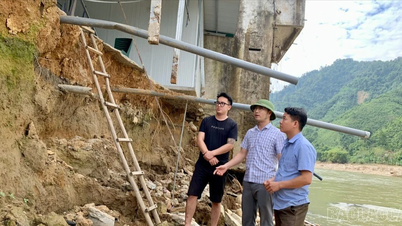







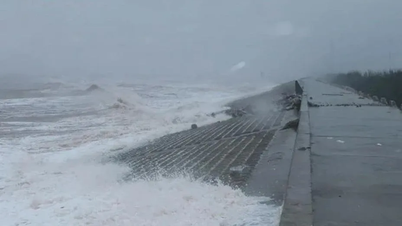
















Comment (0)